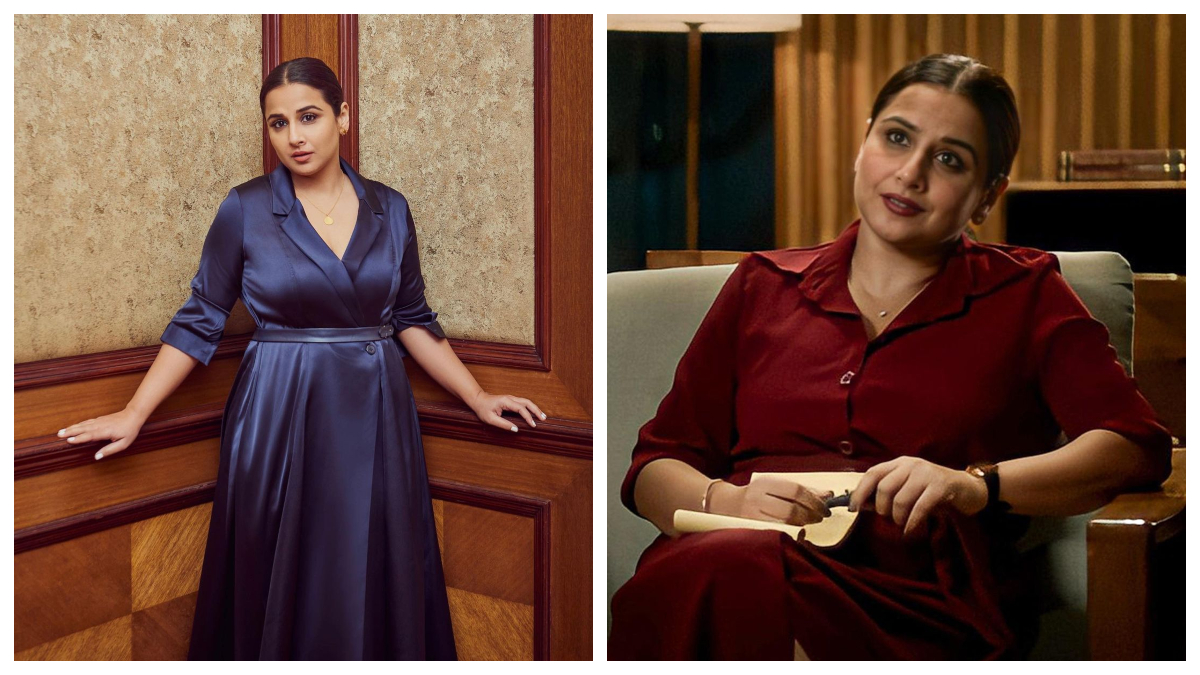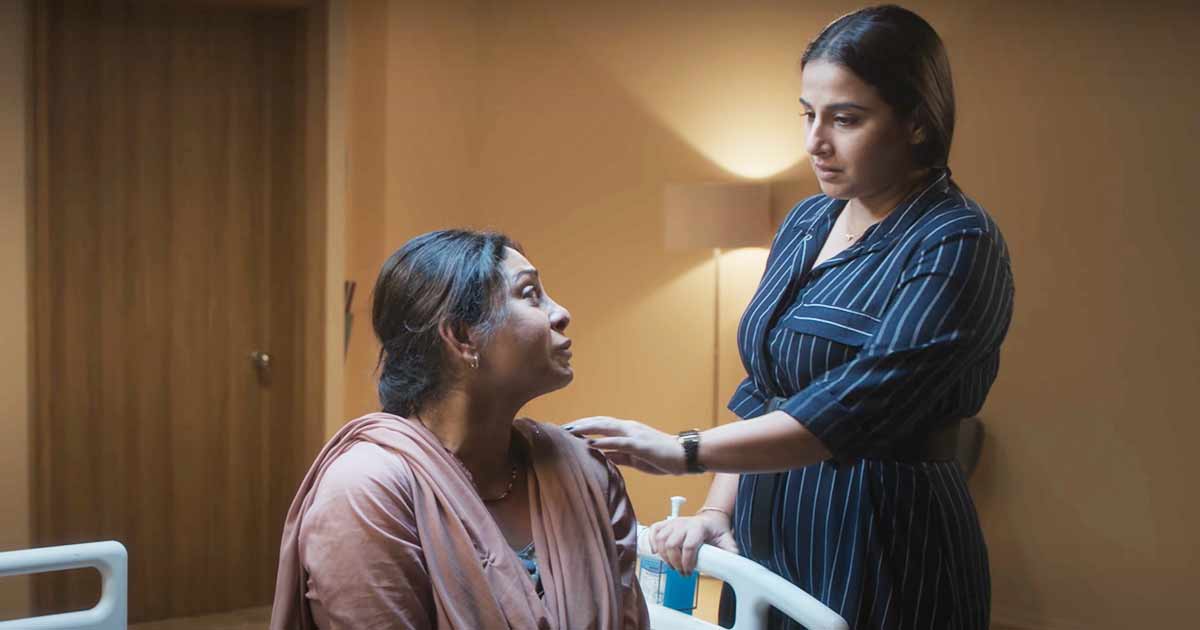A terrible event turns Maaya Menon’s (Vidya Balan) and her cook Ruksaana’s (Shefali Shah) life upside down. Will humanity be able to withstand the test of time? Is it conceivable for circumstances to take precedence over reality and morality?
The Plot

Jalsa’s plight compels us to reflect on ourselves and challenge our truth, morality, and survival principles. Jalsa is a slow-burning, powerful drama that proceeds like a psychological thriller. It carefully observes the complexity of human behaviour when pushed to the edge.
Suresh Triveni’s story is about inner struggle and self-reflection, and it’s a beautiful portrayal of guilt and introspection. His brilliance lies in that he never has his two primary characters speak to one other.
The story’s essence is someone who is bereft of joy, shame, and guilt. The other is engulfed by grief and hatred. We are compelled to discover ourselves and their story because of these two women’s deafening silences and quiet chaos.
The Direction

Throughout the narrative, two weak, significant characters are pitted against one other in their forties. They come from varied social backgrounds, but their motherhood and perseverance bind them together. Because of their inner turmoil and situational moral compass, you must think about it. The film is technologically and visually sound, which contributes to the elicitation of intense emotions.
The Characters

Vidya Balan and Shefali Shah are outstanding in a film about the quivering tension between the two. Watching these influential ladies show what they’re capable of is emotionally fulfilling. Their eyes speak for them when their voices cannot.
Triveni turns an affluent Mumbai apartment with a sea view into a confined, scary universe of emotions and turmoil. Blue tints, sounds, and disruptions have their own language, which is best employed here.


